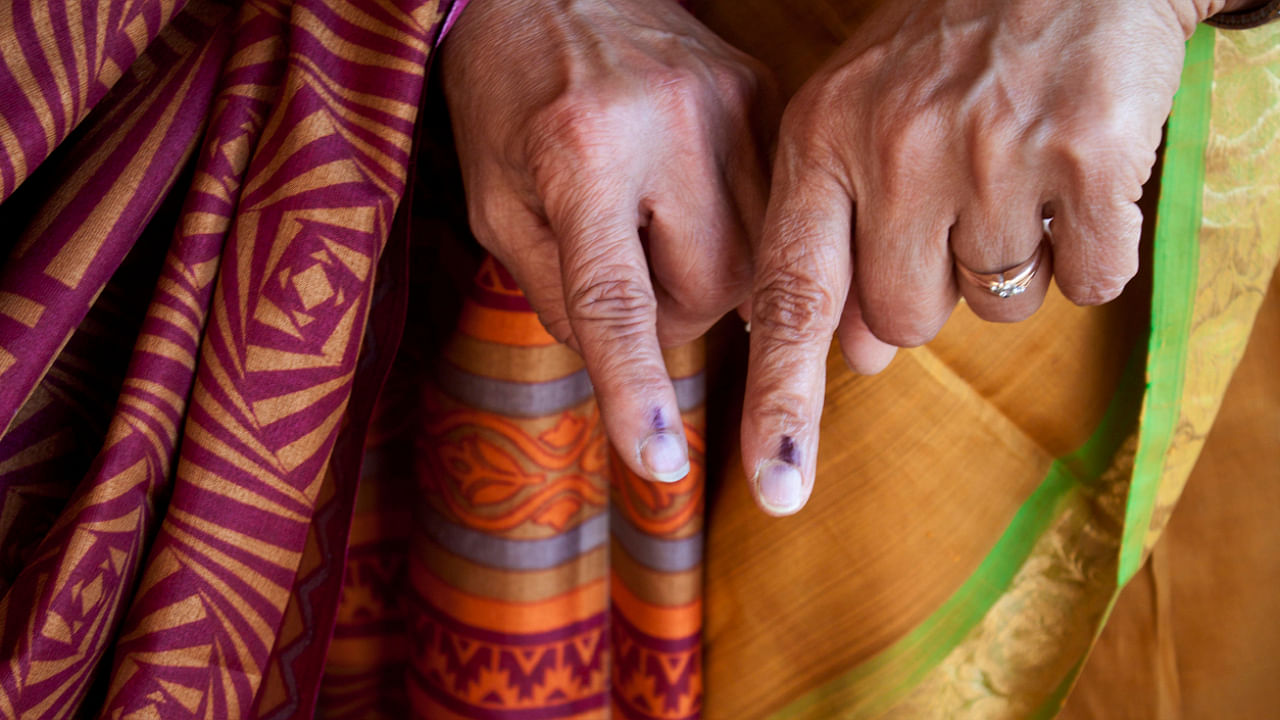
After decades of Independence, India continues to be haunted by issues including poverty, illiteracy, malnutrition, border tension, income inequality, water scarcity, lack of progress in research and innovation and inaccessibility of quality health and education by low-income groups. With such issues still prevalent, there is an urgent need for quality public representatives to emerge from an inclusive democracy.
Unfortunately, elections in India are different and their results are influenced by factors such as money and muscle power, populism, caste, religion and language et al. Political parties of all hues give tickets to candidates who can afford to spend on election campaigns, donate a hefty amount to party funds and influence vote banks. Ideology, a candidate's honesty, integrity and efficiency don’t matter— the potential to win an election is the only criterion to get the tickets, which are literally sold. Such an environment blocks the entry of educated, honest and efficient people into politics.
Turncoat politics adds to the already existing problems. This kind of politics has eroded people’s trust in democratic systems. Political leaders should groom their cadres to become potential candidates instead of managing turncoats to help bring down governments. There is an urgent need for a strong law against this practice. Meanwhile, committed party workers continue to remain foot soldiers only because of lack of money. The cadres play an important role, without their moral and physical support, political parties look vulnerable and it is for this reason the parties woo their workers with money. This money, which comes from sources including corporate donations, funds from foreign companies, unlimited donations through electoral bonds and trusts, gives immense power to parties to win elections. According to a report by the Centre for Media Studies (CMS), political parties spent $8 billion for the 2019 Lok Sabha elections, which is touted as the most expensive election in the world. The CMS estimates that about Rs 15,000 crore (roughly 25% of the election expense) was illegally distributed among voters. Ten to 12% of voters acknowledged receiving cash ‘directly’ from the parties. Two-thirds acknowledged that people around them also received cash for a vote. The 2019 Lok Sabha election expenditure went up by over six times since the election in 1999— from Rs 9,000 crore to Rs 55,000 crore. Some politicians have reportedly said a candidate requires at least Rs 10 crore to win in a big urban Lok Sabha constituency and Rs 5 crore for a rural one.
Parties receiving funds from unidentified sources is a threat to democracy. Many bogus foreign companies and corrupt people route their black money to political parties. It is easy for countries sponsoring terrorism to fund the party of their choice. Niranjan Sahoo, a senior research fellow at the Observer Research Foundation in Delhi, says that this provision (receiving funds from unidentified foreign sources) may open the floodgates for external influence on key policies and potentially affect the country's strategic interests.
Corporate interference too does the damage. Milan Vaishnav, director and senior fellow of South Asia Program at Carnegie Endowment for International Peace in Washington, says: "Evidence suggests that politicians help builders negotiate the labyrinth of regulatory permissions dealing with land in exchange for cash infusions around election time." For example, corporate interference in real estate policy has affected many cities. The growth in the real estate sector has led to the disappearance of many water bodies in and around major Indian metros causing an acute shortage of water there.
Political parties should make public, the funds they have received; put a cap on election expenditure; ensure audit of their funds and periodically report to the Election Commission. Politicians should be brought under the RTI. There has to be a mechanism to recall elected representatives in case of corruption and poor performance— this will improve governance. It’s high time electoral reforms are given priority.